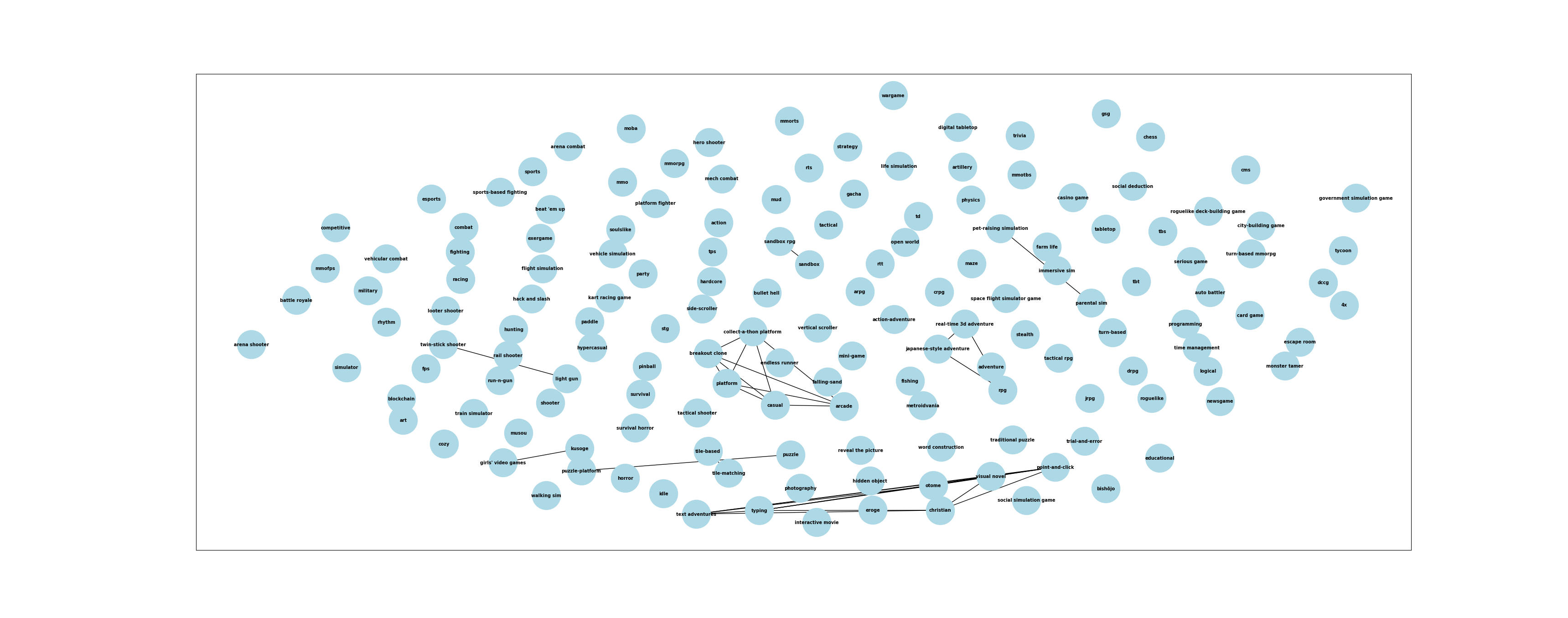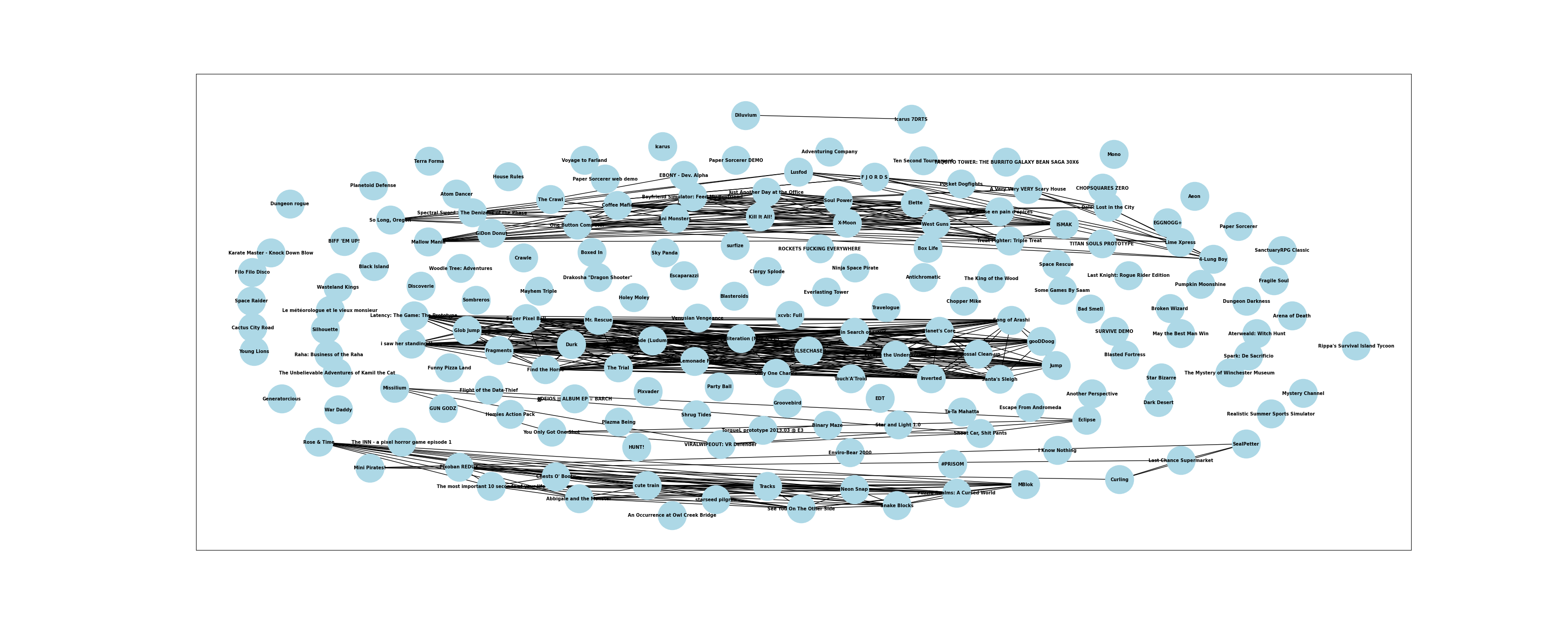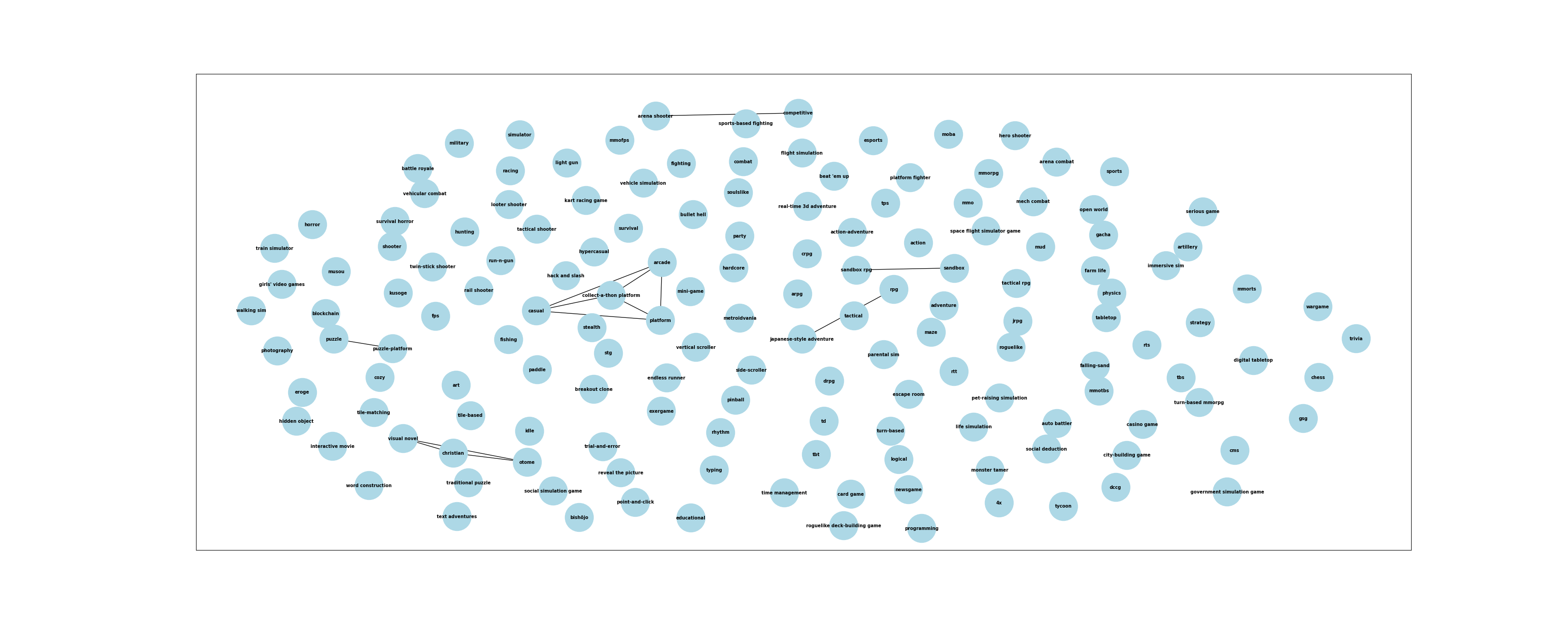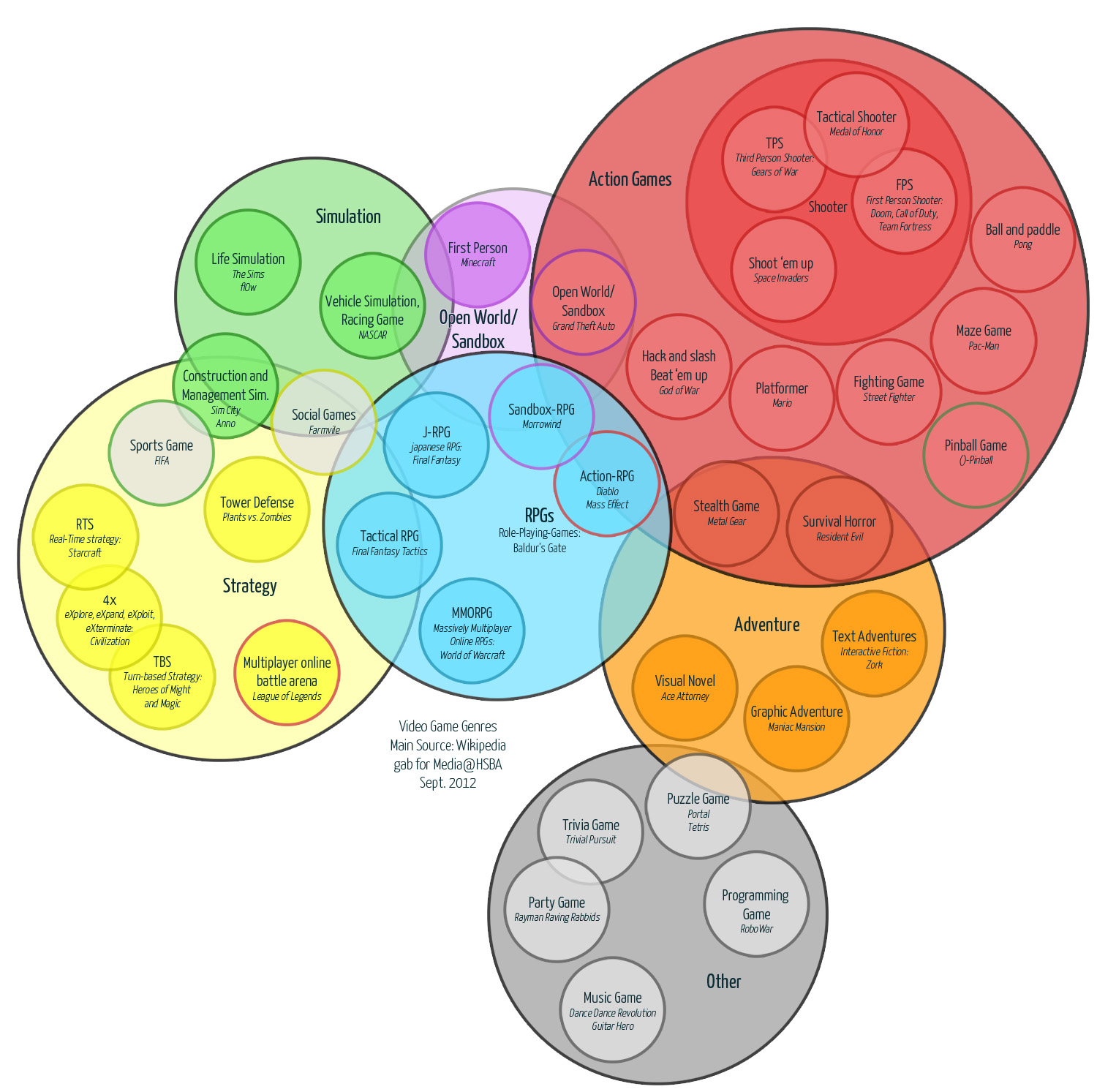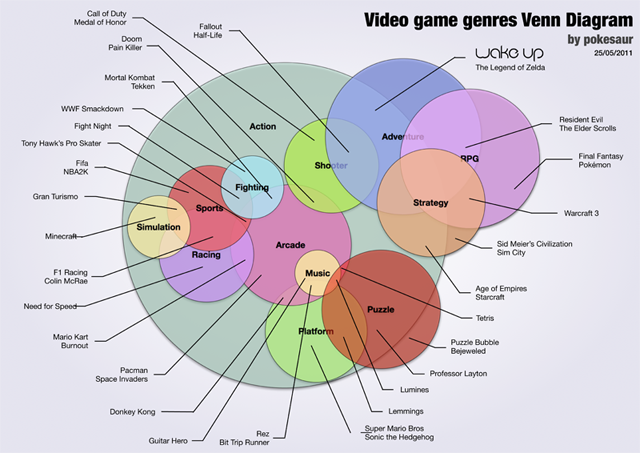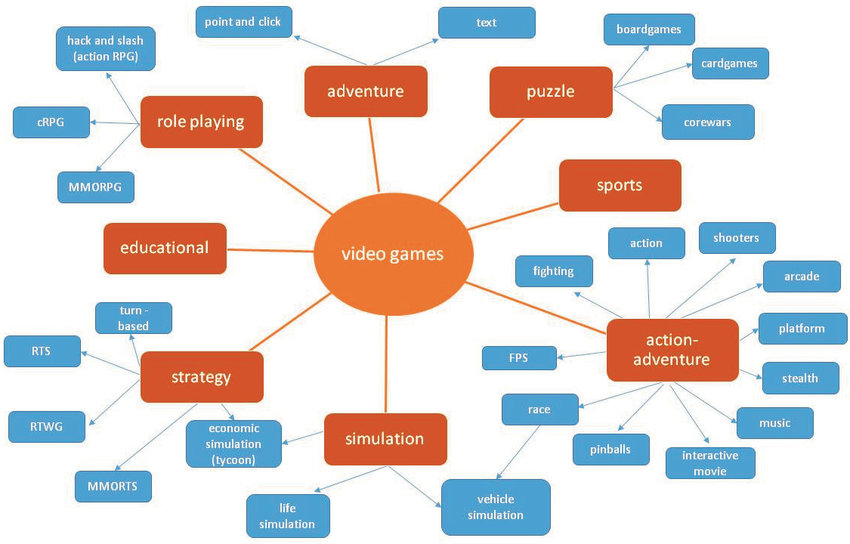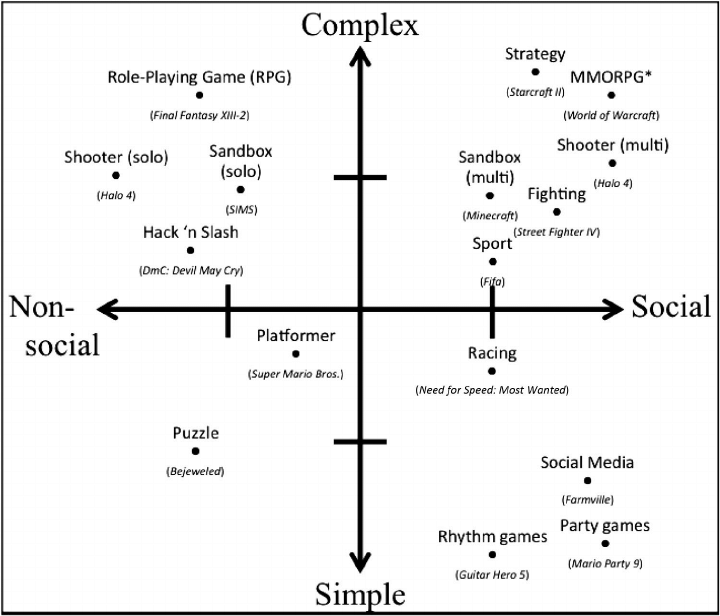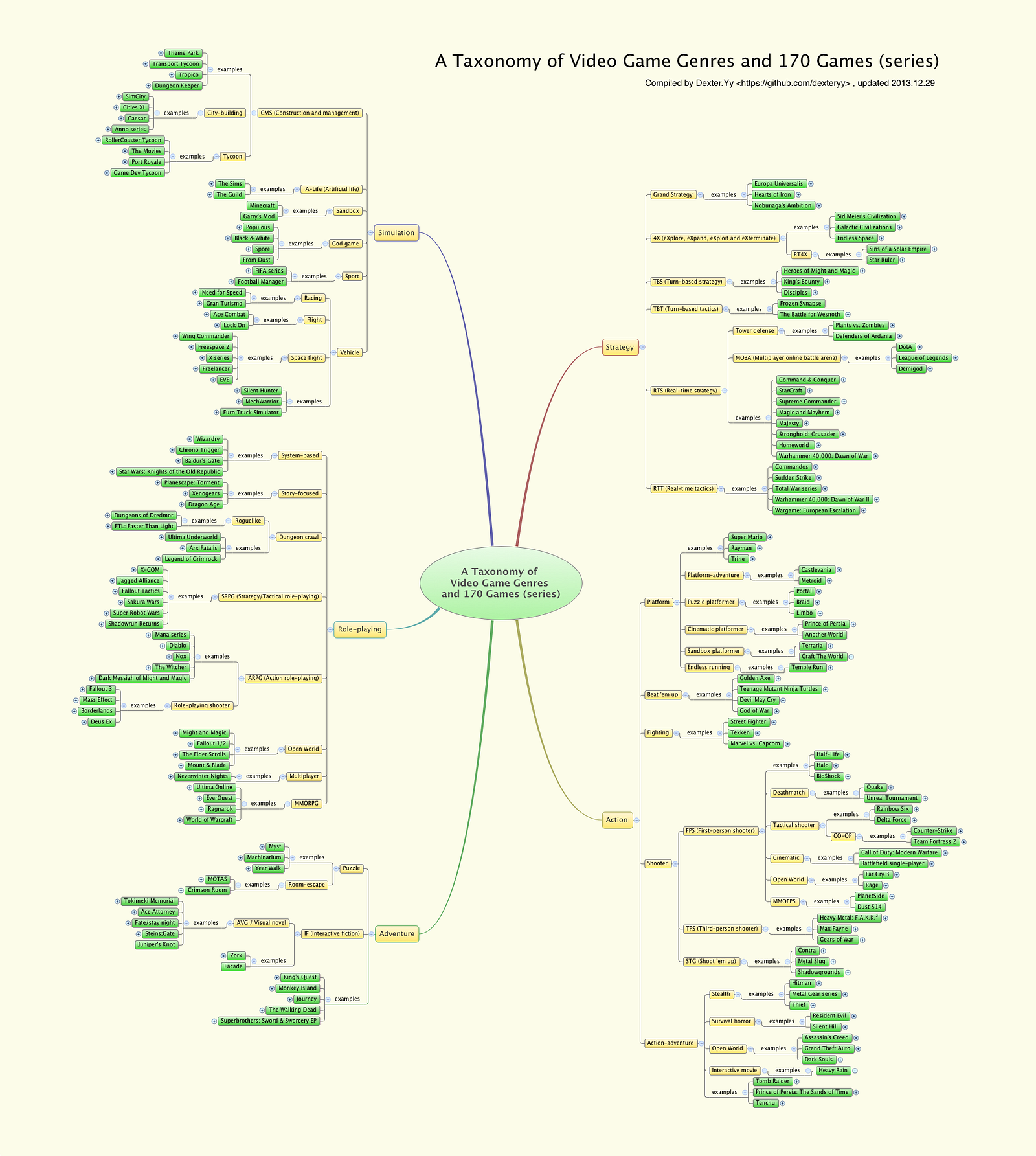Hi,
A while back, I started a project to build a system that recommends computer games based on individual user preferences. I’m dissatisfied with existing solutions, which often prioritize popularity or generic metrics, and I wanted to create something that delivers truly personalized recommendations, finely tuned to each person’s unique tastes.
I also don’t want to rely on existing generic recommendation engines, so I’m designing a system specifically optimized for games, with the flexibility for users to adjust what matters most to them when choosing their next game.
Right now, I’m focusing on itch.io for a few reasons:
- I want to support indie game developers and help gamers uncover more indie games.
- The current recommendation system on itch.io doesn’t meet my expectations.
- Game data on itch.io is more accessible compared to platforms like Steam.
After a busy period, I finally have more time to dedicate to this project and already have some results to share. That’s why I’ve decided to start this thread - so anyone interested can follow the progress, provide feedback, or share their thoughts.


